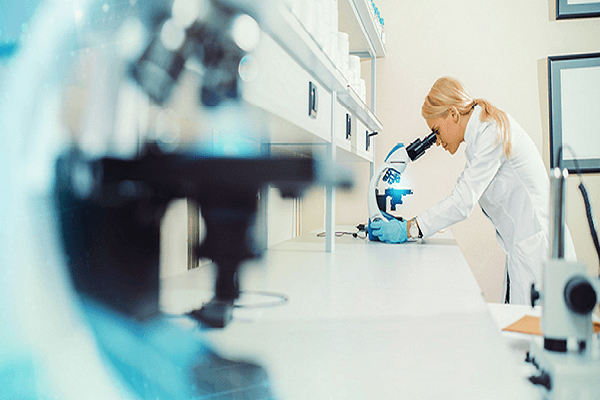What are the areas of specialization of a forensic scientist? The answer depends on the size of the focus. Forensics is a broad area with many different fields.IT Forensic Experts assist law enforcement officials by analyzing physical evidence and determining all the details of a potential crime scene.
Contents
What Experts Do at Lower Phases?
Forensics specialists investigate crimes that have occurred indoors, like murder, suicide, accidents, etc. While forensics experts can generally not analyze crimes that have occurred outdoors, their work may still be related to forensics or involve working with animals (like dogs, pigs, squirrels). Some forensics requires intensive training and supervision, while others are more loosely regulated. Many forensic specialists are also animal hunters. Their job may involve tracking and killing live animals.
Forensic Pathology
Another area of specialization is forensic pathology. This involves looking for signs of death, like blood or tissue. Pathologists are also involved in diseases that cause death, like anthrax. They may be required to do autopsies on individuals who have died from these illnesses. On the other hand, a forensic technician is a specialist who provides on-the-job training and is certified in various areas of forensics. These experts may be required to perform more extensive testing than technicians who hold a bachelor’s degree in forensics. Because many forensics experts are now serving more tests instead of just collecting samples, they often have a much higher level of responsibility than other examiners. A forensic technician could become a detective, a crime analyst, or even a medical examiner.
Role Of IT
One of the most debated topics among forensics professionals is the role of computers in forensics. Some groups claim that forensic scientists should not rely on computers because it will not make their work easier. However, other groups argue that forensic scientists should use computers to allow for faster data collection. Because of the wide range of opinions regarding the role of computers in forensics, it can be difficult for a person to decide what is suitable for them. One of the main concerns that people have about computers in forensics is the possibility of unethical behaviour. Although there have been very few reports of unethical conduct by forensic scientists, some scientists believe it is inevitable in any research involving computers.
Toxicology
It is another area that is discussed among forensic science professionals. Because toxicology is related to identifying and evaluating poisons, it is often required by law enforcement agencies. Therefore, most law enforcement agencies need that a forensic scientist have at least a bachelor’s degree in toxicology. In addition, because many law enforcement agencies now use toxicology to help determine the cause of death, most forensic scientists with a bachelor’s degree in toxicology will be required to complete an internship as a toxicologist in a law enforcement agency.
Forensic odontology is an area that is often used in conjunction with forensic engineering. For example, forensic odontologists can perform autopsies on dead bodies and diagnose diseases using dental material from the teeth. Forensic odontologists are often also highly skilled forensic engineers that can utilize the information they learn about the relationship between tooth decay and disease to help solve crimes. Forensic odontologists may also collaborate with forensic experts who perform fingerprint analysis or other types of biometric data analysis.
Also read: What is IT infrastructure?
Conclusion;
There are many more areas that forensic scientists can specialize in, although some of them focus more on specific scientific areas such as forensic chemistry or forensic pathology. Many forensic scientists receive their education through certificate or degree programs, while others complete a graduate degree. Students can obtain both in graduate degree programs or through undergraduate programs that offer a one-year internship. Some forensic scientists begin their careers as university employees teaching courses in their field of choice. A forensic scientist can become a police officer, a forensic dentist, a psychiatrist, a pharmaceutical researcher, a computer engineer, a petroleum engineer, or a chemical agent technologist.




